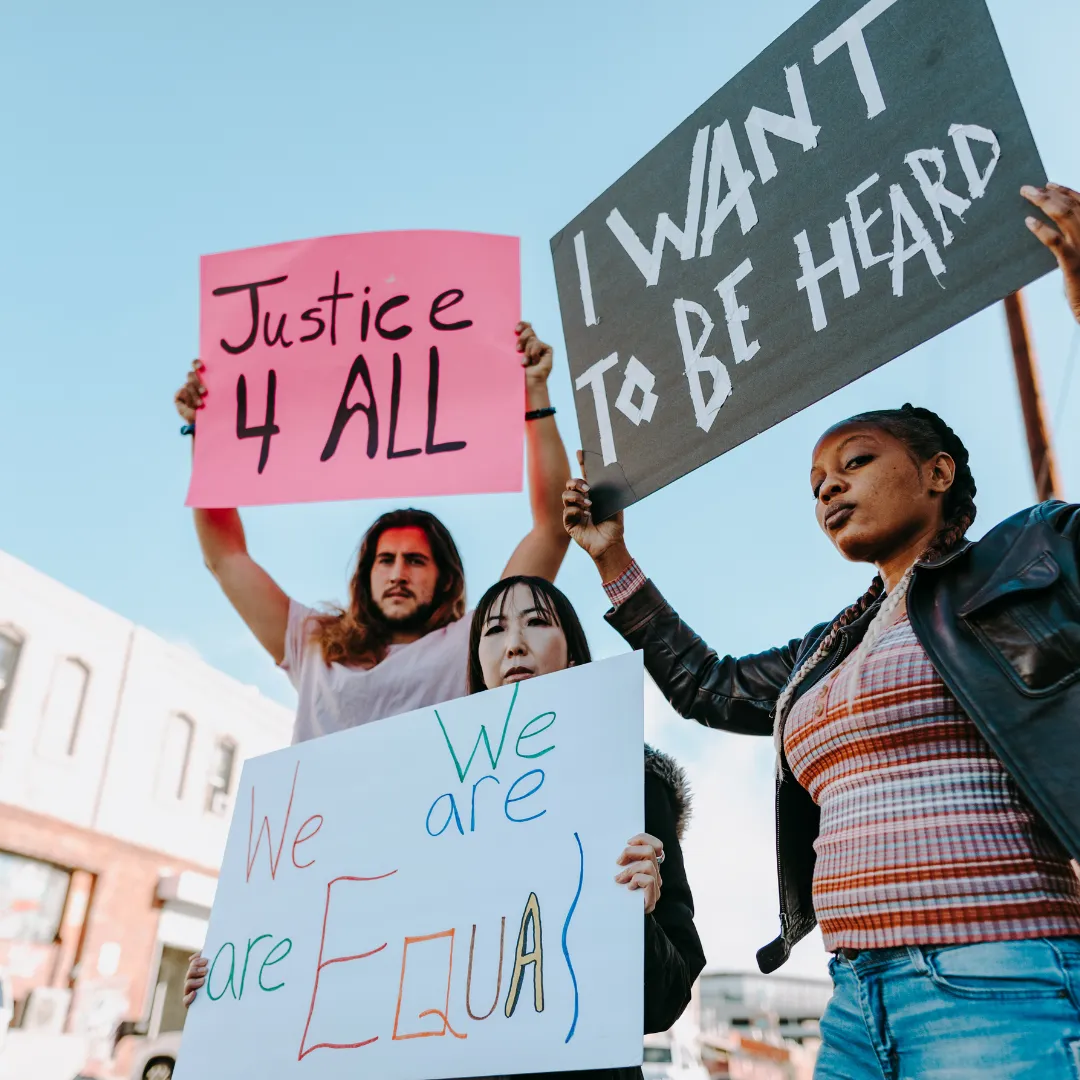Blogs

Preparing for the 2024 U.S. Election: Your Rights to Voting Leave and Political Discussion at Work
Preparing for the 2024 U.S. Election: Your Rights to Voting Leave and Political Discussion at Work
As the 2024 U.S. presidential election draws near, it's crucial for you as an employee to understand your rights regarding voting and political discussion in the workplace. This non-partisan guide will help you navigate these important aspects of civic engagement while maintaining a professional demeanor at work.
First and foremost, let's discuss your right to take time off work to vote. While there's no federal law mandating voting leave, many states have laws protecting your right to cast your ballot. According to the National Conference of State Legislatures, as of 2023, 30 states require employers to provide some form of voting leave. For example, if you work in California, you're entitled to up to two hours of paid time off at the beginning or end of your shift if you don't have sufficient time outside of work hours to vote (California Elections Code § 14000).
It's important to check the specific requirements in your state, as they can vary significantly. You can find this information on your state's Secretary of State website or through resources provided by non-partisan organizations like Vote.org. Remember, even if your state doesn't mandate voting leave, many employers have voluntary policies allowing time off to vote. Don't hesitate to ask your HR department about your company's policy well in advance of Election Day.

When requesting time off to vote, be proactive and professional. Inform your supervisor as early as possible about your intention to vote and work together to find a time that minimizes disruption to your work schedule. Some states require you to provide notice a certain number of days before the election, so be sure to check your state's specific rules.
Now, let's address political discussions in the workplace. While you have the right to engage in political discourse, it's essential to understand the boundaries. The National Labor Relations Act (NLRA) protects your right to discuss workplace conditions with your colleagues, which can sometimes intersect with political topics. However, this protection doesn't extend to all forms of political speech at work.
Your employer has the right to implement policies regulating political expression in the workplace to maintain a productive and respectful environment. These policies should be non-partisan and apply equally to all employees. If you're unsure about your company's policy on political discussions, consult your employee handbook or speak with HR.
When engaging in political conversations at work, always prioritize respect and professionalism. Remember that your colleagues may have different views, and heated political debates can create a hostile work environment. It's often best to save in-depth political discussions for outside of work hours.
Be aware that some states have laws protecting employees from discrimination based on political affiliation or activities. For instance, California Labor Code § 1101-1106 prohibits employers from controlling or directing the political activities of employees. If you feel you're being discriminated against due to your political beliefs or activities, consider consulting with an employment lawyer or contacting your state's labor department.
As the election approaches, you might find your employer offering non-partisan voter education resources. The U.S. Election Assistance Commission provides reliable, non-partisan information about voting processes, registration deadlines, and polling locations (U.S. Election Assistance Commission, 2023). Take advantage of these resources to stay informed about your voting rights and responsibilities.
It's important to note that while your employer can encourage voting in general, they cannot coerce you to vote for specific candidates or issues. The Federal Election Commission has strict guidelines prohibiting such behavior (Federal Election Commission, 2023). If you encounter any form of electoral coercion at work, report it to the appropriate authorities.
As we move closer to the 2024 election, remember that your civic engagement is a fundamental right. By understanding your rights to voting leave and appropriate political expression at work, you can participate in the democratic process while maintaining a positive and professional work environment.
The upcoming election will likely bring increased political awareness and discussion into many workplaces. By approaching these conversations with respect, professionalism, and an understanding of your rights, you can navigate this period successfully. Remember, your goal should be to exercise your democratic rights while preserving a harmonious workplace where all colleagues feel respected, regardless of their political views.
Your voice matters, both in the voting booth and in your workplace. By staying informed about your rights and responsibilities, you can contribute to a more engaged and democratic society while thriving in your professional life. As Election Day approaches, take the time to review your state's voting leave laws, understand your company's policies, and make a plan to cast your ballot. Your participation is crucial to the democratic process, and with the right knowledge, you can balance your civic duty with your professional responsibilities.

Better Work, Better Life
Support@cagedbirdhr.com
Copyright 2025 Caged Bird HR®., a Worklution Inc Company All Rights Reserved

